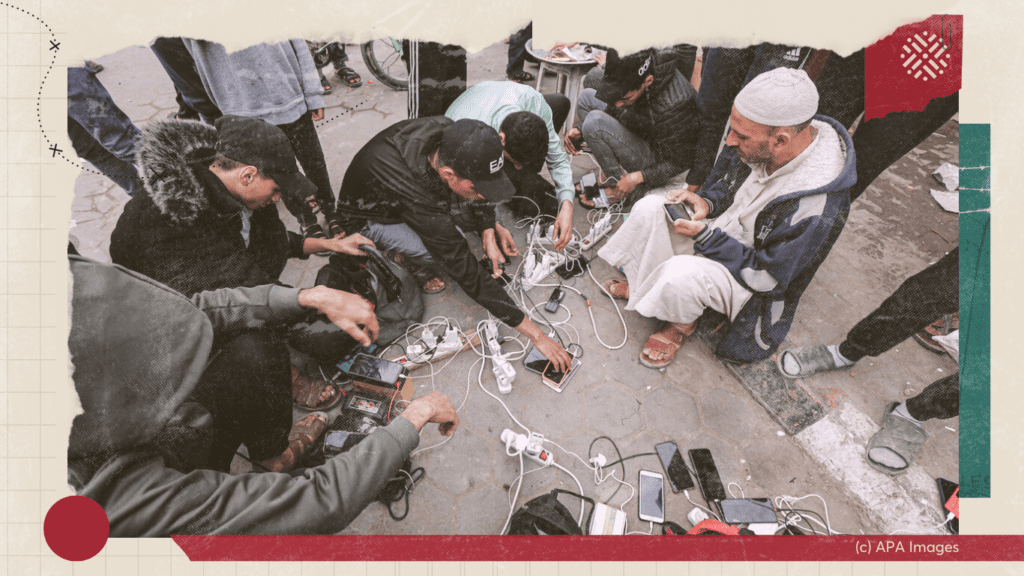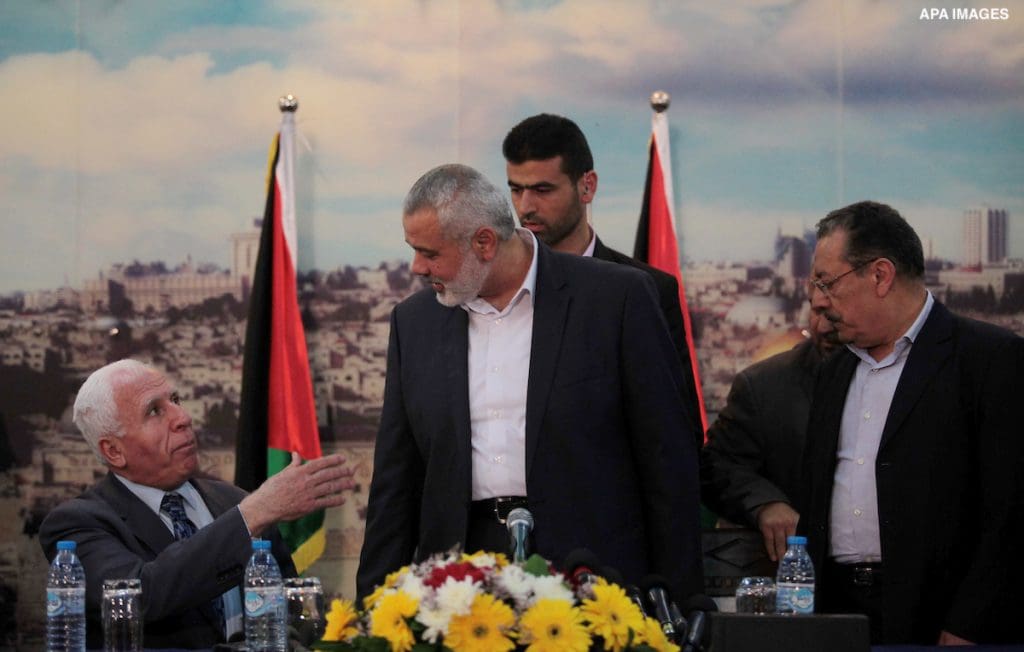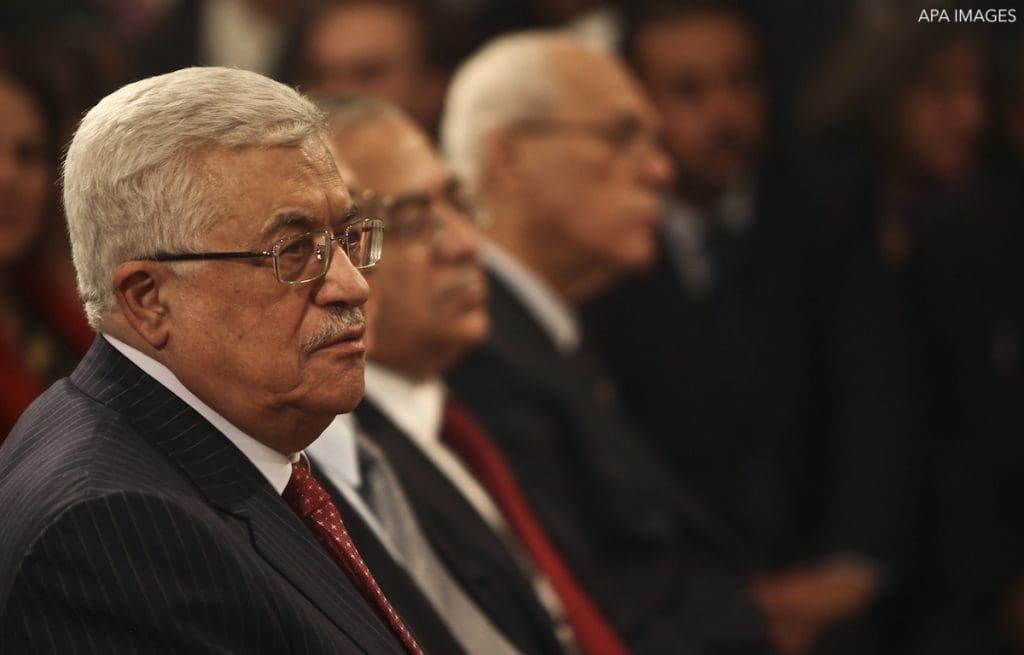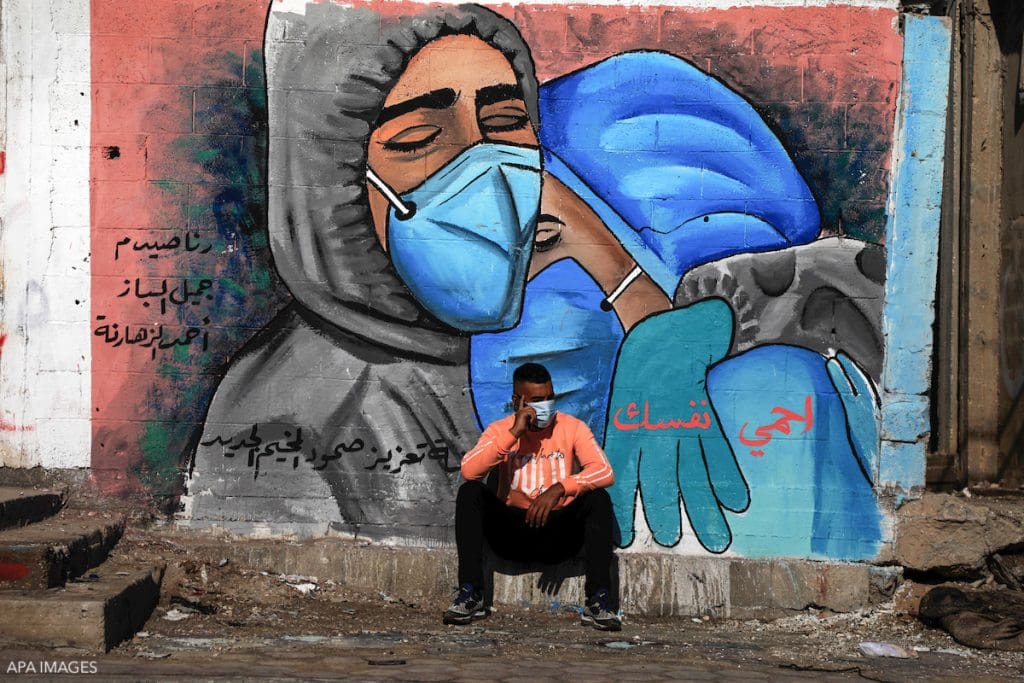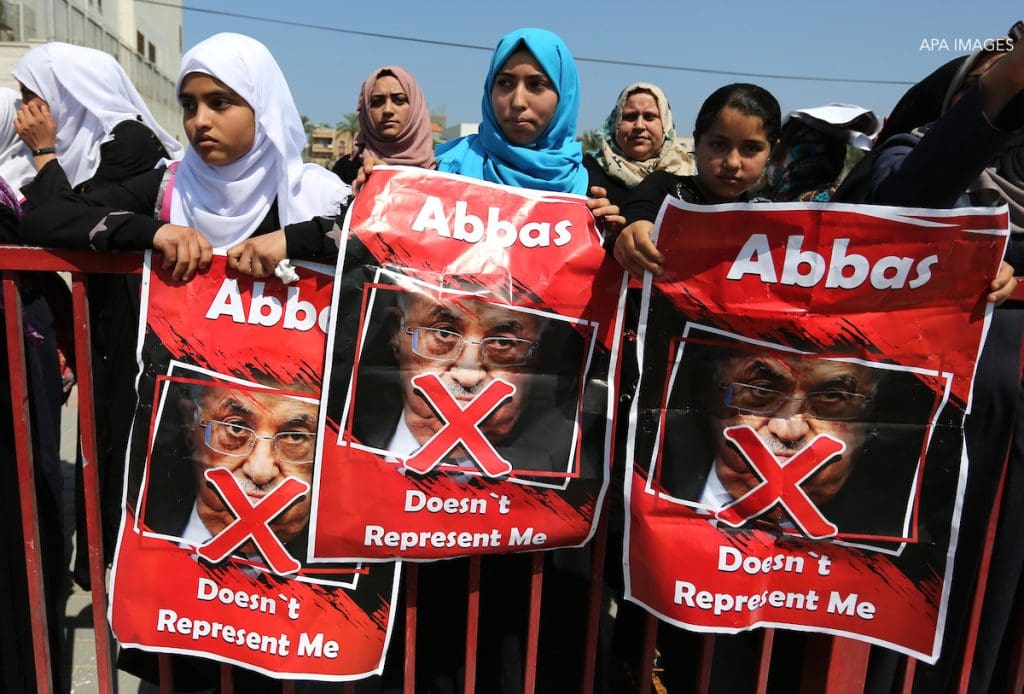Ali Abdel-Wahab is a data analyst and policy researcher with over 7 years of experience in Monitoring, Evaluation, Accountability, and Learning (MEAL) within the humanitarian sector. He holds a bachelor’s degree in computer science and is keenly interested in big data and computational social sciences. Ali aims to leverage these tools in his research on political economy, digital transformation, network society, and technological and informational dominance, particularly concerning Palestine. He has published numerous articles and academic papers and is committed to developing innovative solutions to support decision-making and effective policy management.
From this author
At the time of publication, the implementation of the first phase of the ceasefire agreement between Hamas and the Israeli government was underway. The deal comes after Palestinians in Gaza endured a devastating 15-month-long genocidal war that claimed tens of thousands of lives and injured many more. Israel’s intense shelling of Gaza has had a catastrophic effect on its infrastructure, including the telecommunications network, forcing the population into a near-total internet and cellular blackout.
This policy brief examines the devastating impact of the Israeli regime’s actions on Gaza’s telecommunications infrastructure and internet access. It situates Israel's attack on the communications sector within the broader framework of neo-colonialism. It explains how Israel’s stranglehold on the Palestinian digital infrastructure strengthens its political and economic hegemony, which is one of the most important features of the Zionist settler colonial project. It also highlights the resilience of Palestinians resisting enforced communication blackouts. It finally offers actionable recommendations for the international community to support enhanced digital access in Gaza and break its technological dependence on Israel.

Ali Abdel-Wahab· Feb 4, 2025
As the Israeli regime continues its genocidal campaign against Palestinians in Gaza, many have begun to weigh in on the future of Hamas and of Palestinian leadership more broadly once the bombardment ends. One of the dominant proposals is the revival of the Palestine Liberation Organization (PLO), with Hamas as a member party.
But revival of the PLO requires more than bringing Hamas into the fold, as the Fatah-controlled PA has effectively whittled down the PLO to a barren institution. What then, beyond inclusion, is needed in order to resuscitate the viability of the PLO? In an effort to strengthen the generative thinking around these questions, Al-Shabaka revisits a collection of its past works that sought to confront this very topic.
Leadership is a focal point for Palestinians in Gaza who have been living through the division in Palestinian politics since 2007. Palestinian leaders in Fatah and Hamas continue to operate in tandem with the Israeli settler-colonial project to fragment the Palestinian polity, leaving Palestinians in Gaza and elsewhere in colonized Palestine little hope for liberation through the political establishment.

Ali Abdel-Wahab· Nov 7, 2022
The Palestinian national movement is in an acute state of crisis, and the Palestinian political system and institutions are incapable of bringing the Palestinian people closer to realize their rights. The existing style of governance and models of leadership prove on a daily basis to be unfit for present and future Palestinian generations seeking equality, justice, and freedom above all.
Gaza has always been unique among the different parts of Palestine. Its current particularity stems from being caught between three major variables exacerbating its collapse: the Israeli occupation, division in Palestinian leadership, and the COVID-19 pandemic. This reality raises socio-political questions about the role of these factors in advancing social collapse in Gaza, and about changes in the values of resilience and steadfastness among Palestinians in Gaza.

Ali Abdel-Wahab· Jan 14, 2021
With current Palestinian governance facing a legitimacy crisis, Al-Shabaka convened an open-ended Policy Circle on Leadership and Accountability to elicit recommendations for a leadership that fully represents Palestinians, restores their unity, and respects their rights. Our experts suggest models ranging from a restructured PLO to a populist democracy represented by civil society organizations.




+









